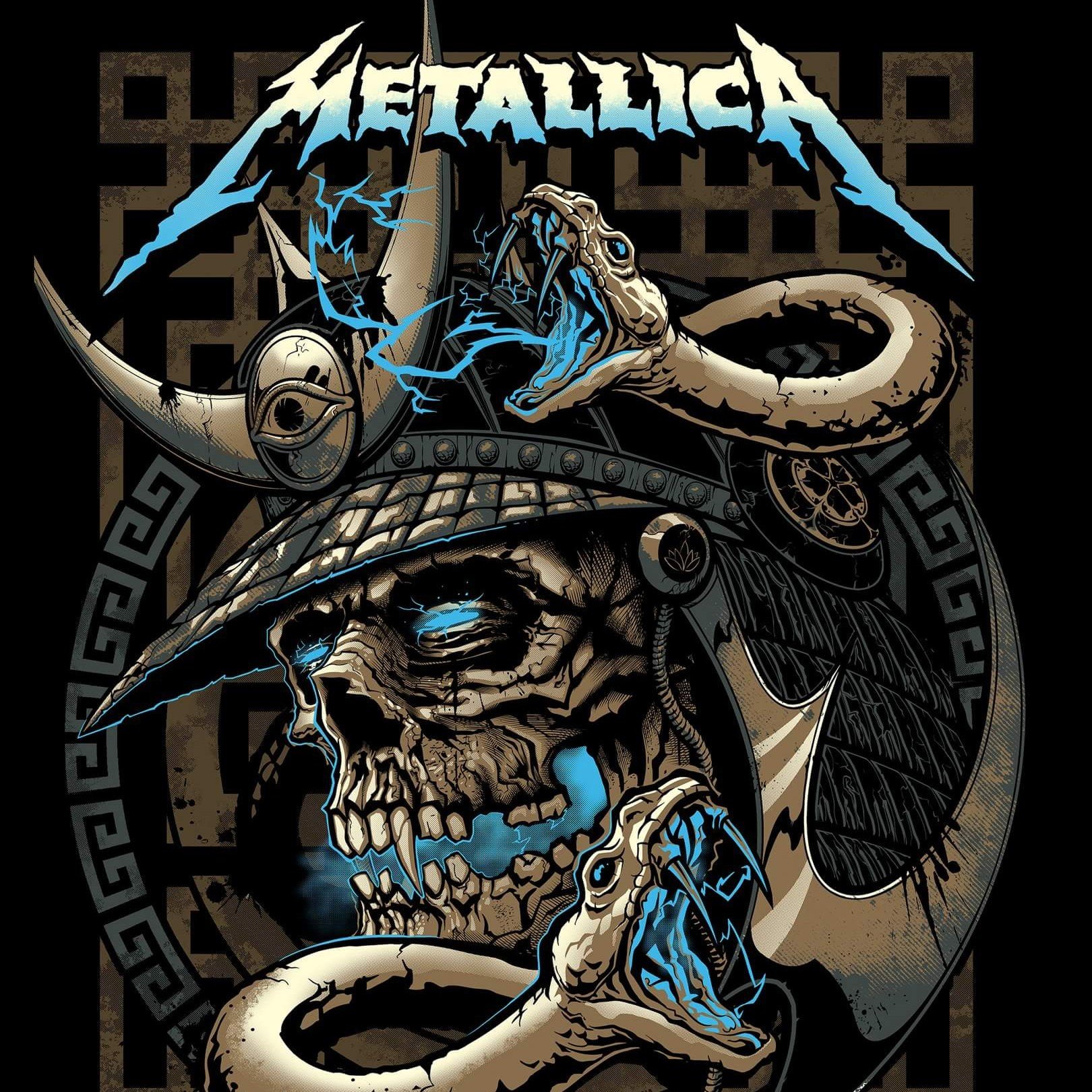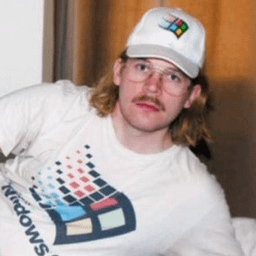What was the last version of Windows you used before hopping on over? This includes the Linux greybeards too.
I was on Win10 but moved over as the end of life cycle is drawing near and I do not like Win11 at all.
Another thing for this change was the forced bloody updates, bro I just wanna shut down my PC and go to bed, if I wanna update it, I’ll do it on a Saturday morning with my coffee or something.
Lastly, all the bloat crap they chuck in on there that most users don’t really need. I think the only thing I kept was the weather program.
So what’s your reasoning for the change to the reliable and funni penguin OS?
Windows 10
Windows XP pre-SP1 at home. For Work I always had to use Windows.
Was using Tiny 10/modified Windows 10,but switched to Linux Mint beacuse of low system requirements and low resource usage,as I have 15 year old PC
Greybeard here.
I worked for a company with a wild mix of DOS, Win 3.1, and Win 3.11. Then we got new PCs, some ethernet hubs and switches (instead of the damn coax cable with terminators) and started to move to Win95.
Win 95 was a beast. It came in a bunch of floppies. It took ages to install, and you’d find after one hour that the last floppy was corrupt. Also, on our cheap hardware (Siemens-Nixdorf Pentium PCs) sometimes the sound card or the ethernet card would go missing. Nothing short of a reinstall would solve it. Temporarily, of course.
The Win 98 came along. All our problems were solved. It was a 32 floppy install job, if memory serves. No, no CDs on our company. Still, it crashed a lot, and Microsoft Office had a tendency to simply destroy 100+ page documents when it was not crashing.
At home I used Windows, because how else am I going to play games, right? But I kept experimenting with Linux, and liked what I saw. There were many pieces missing (no USB for a very loooong time, for instance), but what was there was rock solid compared to Windows. And you could COMPILE YOUR OWN DAMN KERNEL, fer chrissake! How powerful was that?
Eventually, distros started to emerge that made some pain points go away. I remember Corel Linux, Caldera Linux, Mandrake, RedHat, etc. I settled with Debian because ‘apt-get dis-upgrade’, of course. Then Ubuntu came along and made Linux more pretty and usable for simple folk. They even sent you a free CD by mail if you asked them.
I got ever more tired of Windows nuking my boot sector, the viruses (virii?), the hunting around for drivers, the having to throw away good peripherals because windows thought were too old to support.
I made a choice and dropped Windows. I missed a lot of the gaming scene until Wine and Steam caught up with the state of the art. In the mean time I made use of emulators and had a good time playing console and arcade games.
Oh I was teased about it. Fellow IT workers (proper MSCE type people) would give me a hard time because “Linux has no future”, “Unix is dying”. I guess the future proved I was right. I now earn more that they do.
I settled with Debian because ‘apt-get dis-upgrade’, of course.
A friend showed me an early version of Debian, probably sometime around 1996, and it was immediately obvious that this was the way. It’s been Debian for me ever since.
They even sent you a free CD by mail if you asked them.
I remember thinking… Naaah, this is a gimmick, gimme 20 or so. Still have a few CDs laying around.
the future proved I was right. I now earn more that they do
Working with linux?
Yes.
For me it would be harder to gather the same know-how on closed systems, because you need your company to back your training on the tools you need to do a job, spend money on the licenses, jump tool when the vendors decide to discontinue a product, etc. Where I come from, if you work for a small company you’d be expected to learn as you go. Maybe things are better now, I don’t know.
In my opinion Linux (well, FOSS actually) gave me a great big box of small LegoTM bricks and the freedom to build anything out of it. So I’ve worked with HW clusters, then virtualization was all the rage when CPUs gained more power, then containers, then container orchestration, then cloud… Complexity is increasing, but the knowledge I gained from knowing that in the end it is just a bunch of processes running on a Linux kernel makes learning the next big thing more manageable.
I used Windows 7 before, but my first computers all ran Linux. (Raspberry Pi 2b with Raspian; First 64-bit PC ran Ubuntu Mate)
First moved from 7 on home PC as a daily driver
And then later once I stopped distro hopping (stopping at Arch) and could do my work in full from home… ( by porting time tracking app to Linux )
Moved from 10 on work PC
I had dabbled with Linux before, both at home and work. Stood up a server running Ubuntu LTS at home for serving my personal website and Nextcloud. But, gaming kept my main machine on Win10. Then I got a Steam Deck and it opened my eyes to how well games "just worked’ on Linux. I installed Arch on a USB drive and booted off that for a month or so and again, games “just worked”. I finally formatted my main drive and migrated my Arch install to it about a week ago.
I’m so glad that I won’t be running Windows Privacy Invasion Goes to 11.
I find Rocky and the rhel family is a much better server
At the time I stood my server up, I was supporting RHEL at work and support for docker seemed a bit spotty. IIRC, it took both setting up the docker yum repo directly, along with the EPEL repo. And every once in a while, you could end up in dependency hell from something which was at different versions between EPEL and the official repos. Ubuntu, on the other hand, had better docker support in the official repos and docker seemed more targeted at .deb distributions. So, I made the choice to go Ubuntu.
I suspect this is long since all sorted. But, I see no compelling reason to change distributions now. The base OS is solid and almost everything the server does is containerized anyway. If I were to rebuild it, I would probably use something more targeted at containerization/virtualization, like Proxmox.
Vista. Tried to make Ubuntu work for a while but that was a shit show back then… Moved over to OS X and I was home - a beautiful UNIX where everything just worked. Stayed there for close to a decade (Lion-Mavericks-El Capitan-High Sierra-Mojave), mostly on non-Apple hardware.
Sadly, the iOS-ization ramped up so I had to rip tons of iCloud related stuff everytime I did a fresh install and then Catalina killed off 32-bit apps and brought other irritants, so I tried Fedora 35 and escaped with close to no issues.
And here I am, on Fedora 40 five years later.
The last Windows I used was Windows 2000 Professional. I bought a new PC, didn’t like XP so I switched to Linux full time as I’d been using it more and more anyway. Windows has only gotten worse since then so I’ve never looked back.
For me it was the jump between Windows 7 and Windows 8. I hated the UWP apps, the “simplified” control panel an d the full screen and tiled start menu. It worked great as a phone UI but terrible on desktop. I used it for like a month and switched to Linux Mint, which I felt was closest to W7 at the time.
I had Windows 8.1 but as the end of its maintenance was approaching I saw the writing on the wall with Windows 10 and especially 11 and I wanted no part of that. When 8.1 was put to pasture I returned to Linux and I have been content ever since. Seeing where Microsoft is taking Windows I’m more and more convinced that Stallman Was Right. I control my software, not the other way around.
XP…my laptop was an old Acer my mom passed to me and couldn’t run vista so I never got it… Hopped on Ubuntu 09.04
Windows XP. Windows itself was fine, I only moved because the programming languages I wanted to use ran better on Linux and ran in a way that was more likely to be the same as in production.
I was still using XP when Ubuntu 5.10 was released, and when I saw my audio worked out of the box, I switched :-) I had been using Mandrake Linux (since 1999) but only for servers and other work related stuff.
Windows wasn’t my first operating system. I don’t even remember what my first was, but it ran on top of DOS and had a 5 and a quarter inch floppy drive. I’ve used pretty much every windows desktop version since 3.1, but really only installed or maintained XP, 2000 server, and Windows 10 on my own hardware. But I’ve also installed and maintained various Linux and BSD distros since about the turn of the millennium, including a brief relationship with a Mac laptop with OSX.
There was never a switch. I always ran whatever I could get working that would get the job done. For some tasks that was Windows, either because it was good enough and came pre-installed or it was required by the software I needed to run for school or work. I’ve handed in many assignments on 3.5 inch floppies. I haven’t maintained a server with windows since Windows2000 server. I’ve tried Slackware and Corel Linux. I bought SUSE Linux in a box from a big box store. I’ve gotten those brown Ubuntu install CDs in the mail. I remember being delighted with the development of BitTorrent because now my downloads would check themselves for consistency as they downloaded the ISO. No more getting to the end of a download only to discover the md5sum failed to check. I’ve used Knoppix and Clonezilla for system recovery.
There was never a change. I’m a tech nerd that likes Linux, not a Linux nerd that likes tech. But, it was the way windows kept destroying my Linux partitions that drove me away from dual booting and installing windows on anything in general. Also the windows situation with viruses, updates, and lack of security that drove me away unless compelled. Now windows lives on its own hardware or in a VM for me.














